
At the City and County Governance Symposium 2025, attendees heard from city managers, recruiters, mayors, former Bush School students and people who deal daily with local government
Bryan/College Station, TX — The end of spring semester is approaching and a fresh class of students will be graduating from The Bush School of Government and Public Service. They are ready to enter the workforce: nine out of every 10 Bush School students who earn a Master of Public Service and Administration degree land a job within six months of graduation, after all. Still, the question of jobs, and how to get one, came up frequently during a recent Bush School event, the City and County Governance Symposium 2025. Here are 11 thoughts from the symposium for job seekers:
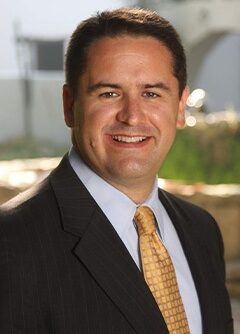
1. The federal government is shedding tens of thousands of jobs, with more cuts probably to come. Many of those former federal workers are now looking for work. Their top destination: local and state government jobs, according to recent data from ZipRecruiter.
During a panel of high-ranking municipal officials from around Texas, San Antonio City Manager Erik Walsh drew nods as he addressed the elephant in the auditorium: “We are getting a slew of federal employees” applying for jobs. “All types of professionals are looking for (professional) stability … (and) there are others who are looking to get out of an unstable environment. And you’re competing with them.”
2. There is a flipside to that reality, though: the “silver tsunami” is already creating openings.

“I see a lot of vacancies,” many due to retirements, said Kylie Wilson ’93 of CPS HR Consulting. “There are gaps within organizations … in experience.” Gaps equal opportunities, sometimes for new graduates but often through the openings that result from employees moving up in their organizations.
3. There are other ways to deal with the crowded labor market. One is to start where you have roots. Walsh said the City of San Antonio’s workforce is filled with several generations of some families. He says this with pride, having grown up in San Antonio. Growing up in a community often gives a job seeker more insight into that community than a transplant generally possesses. City and county officials recognize the value of people who know the quirks of the community they serve, College Station City Manager Bryan Woods said.
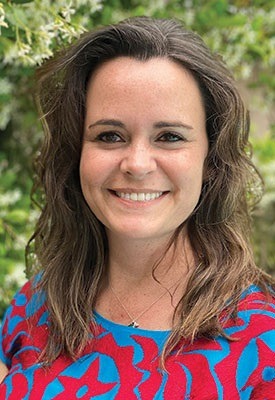
4. There is another side to that coin, however – if you can’t find a job in your hometown, you may have tomove somewhere outside your comfort zone. And then move again to find the next job. So be willing to move.
Almost every panelist at the symposium said that a career in local government is worth moving for. As Shanon Miller ’00, the City of San Antonio’s historic preservation officer, put it, the people you serve “have names and faces and children and dogs and you care about the same things.”
But the further up an organization you go, the fewer opportunities that organization can provide. There is, after all, only one city manager per municipality, as Tyler City Manager Edward Broussard ’94 noted. The institutional pyramid is similarly steep for those seeking a specialized role, such as parks director. Thus, relocation – a decision that gets trickier with marriage and children. Be willing to do it early.
5. And remember: the first job will probably not be the perfect one. That’s okay.
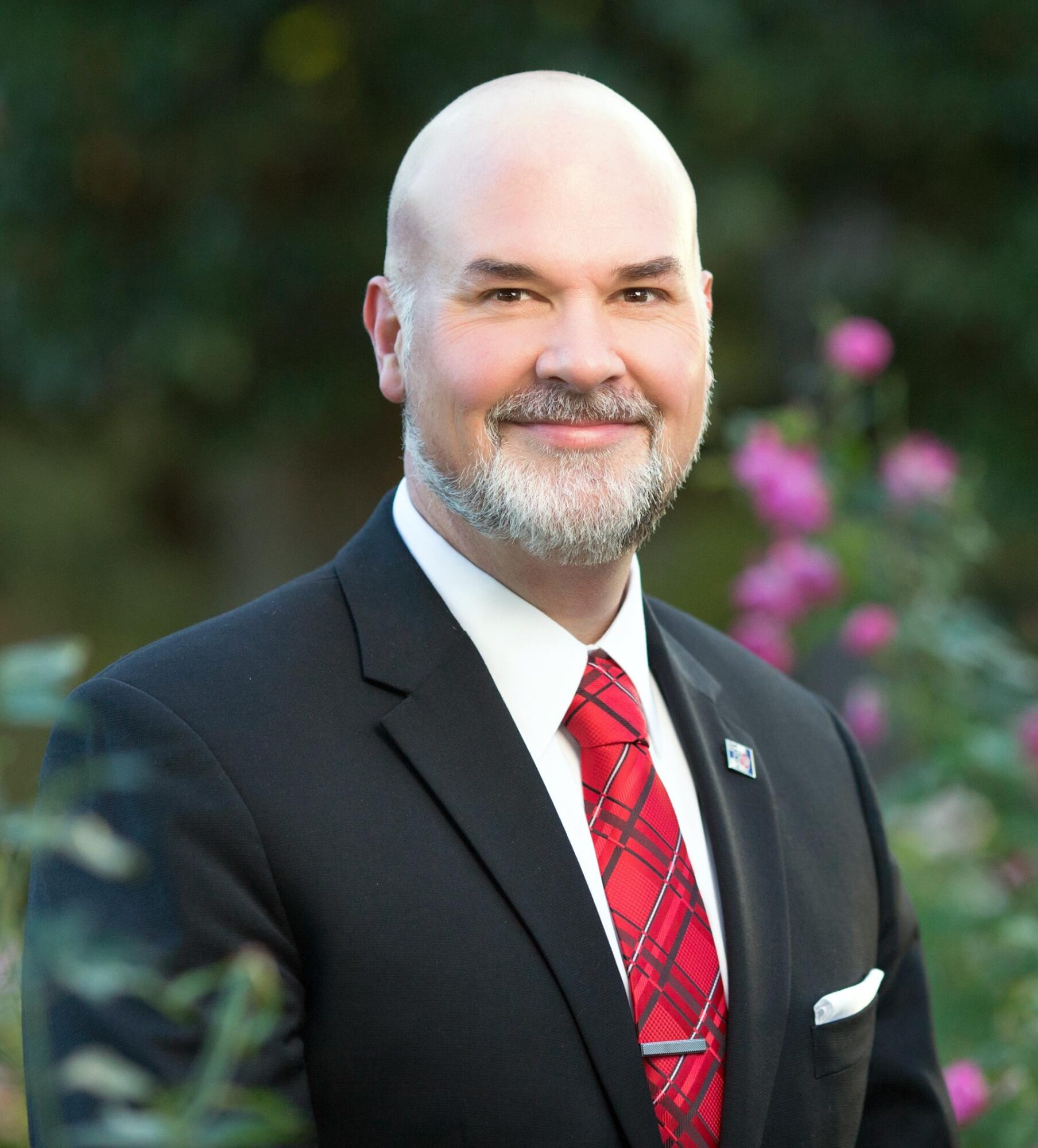
Reagan Rothenberger ’17 wanted to work in city planning following his Bush School graduation. He landed a part-time job in Beaumont, then a full-time role with a small town. He immediately got the sense that the town considered him an outsider. The feeling continued as the months passed.

“That was a hard year,” Rothenberger said during a panel of Bush School alumni. But willingness to move meant willingness to move on. After a year, he took a job with the City of Murphy, then the City of Southlake, ultimately returning to Murphy for his current job as director of economic and community development. His perspective on that hard year: “Don’t be afraid for the first job not to be the dream job.”
6. That imperfect job might also surprise you, if you keep an open mind.
Miller, the San Antonio preservation officer, planned to run a food bank or something of that nature after graduating from the Bush School. Instead, the City of Fort Worth hired her. She liked working in local government enough to follow where that career path led. She even liked it enough to put up with a micromanaging boss. She earned another master’s in historic preservation. Today, she still works in local government, helping San Antonians save the city’s history as director of its historic preservation office.
7. One adage that several speakers said kept them on the path to their dream job: “Know your why.”
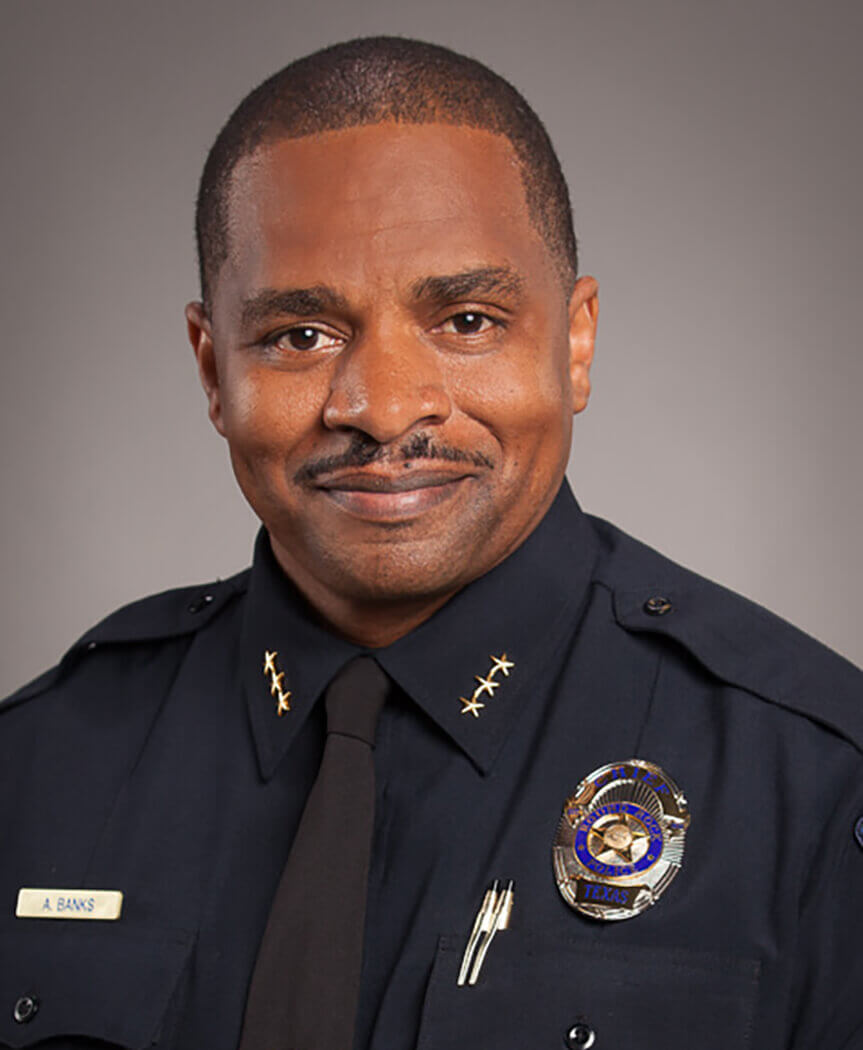
“These are tough jobs,” Bush School Dean John Sherman said as part of his opening remarks at the symposium. Local officials make difficult but necessary decisions every day, balancing various needs. That is why, Sherman added, “We need people of character to step into these positions.”
Round Rock Police Chief Allen Banks said the why is fuel for tough days. He thinks of the why as a point you pick on the horizon. That point may change, he said, but without one, you can lose perspective only to realize, late in life, that you lost your way.
Banks noted that every tombstone has a date of birth, a date of death and, between them, a dash. He sees that dash as a representation of that person’s life. Knowing your why can help to make the most of that dash. He advised: “Be the dash. You’ve only got so much time.”
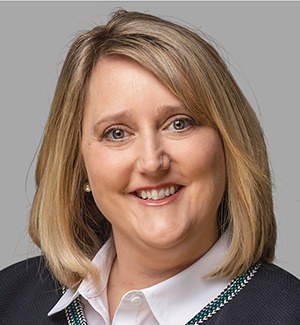
8. Still, be patient. Job searches take time. And don’t take rejection personally. It really may be just a matter of fit, not a judgment on your abilities.
Lissa Barker ’98 helps governments find senior employees. She said that as important as preparation is, there are elements that you simply cannot account for in the application process. An applicant could, say, talk about their family to provide a window into their life and values, only for those doing the hiring to come away complaining that the applicant wasted their time on matters unrelated to the job. Or, “I can have a candidate give the exact same interview and the client say, ‘We loved that, it really helped us connect with them.’”
9. Also, do not forget that you should feel good about a job.
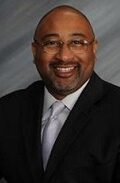
La Porte City Manager Corby Alexander ’97 once interviewed for a position in a community with a large city council. Council members interviewed city manager candidates in groups. Alexander realized the groups were factions – and that the factions were feuding. Acrimony among policymakers – a city manager’s bosses – often causes huge headaches for a manager and the staff. Alexander was not selected and was “incredibly grateful for the ‘no’.”
Likewise, he once interviewed for a job in a community where many residents do not speak English. He does not speak Spanish. He bowed out, figuring someone else would be a better fit.
“Those of us who are Type A personalities,” he said, “we need to realize there are some opportunities that are not for us.”
10. But there are opportunities for you. And remember: they need you, too.
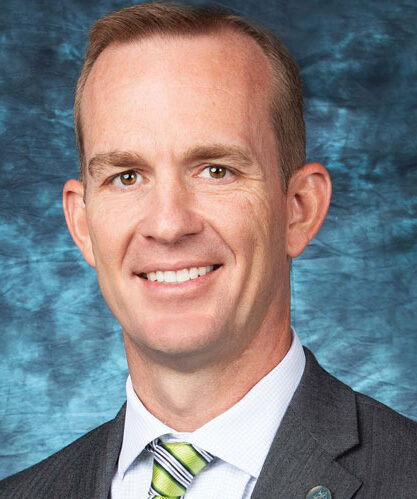
Attitude is particularly important to the people hiring city and county employees, according to various panelists. Woods, the College Station city manager, said his organization is always looking for people with the right mix of skills and attitudes – and is looking for ways to make the City of College Station stand out as a destination. The city is, for example, willing to pay for moving expenses, which is not common and a perk for which the city’s taxpayers pay. Woods said the cost is worthwhile if it means landing the right candidate.
“We sell culture,” Woods said. “We’ll go out and get the right people.”
To which Walsh, the San Antonio city manager, later added: “We’re in a footrace” with other employers, public and private. “We know we can win long term, but in the short term, it’s getting good applicants in the door.”
11. Lastly, if you want to advance your career: do whatever job you land well. Or, as Woods put it, “Do the heck out of your job.”
“Being very good at the (job) you’ve just had is the best thing you can do” to impress other potential employers, Woods said. “Being good at the things you have done is the top indicator that you will be good at the things you will do.”
